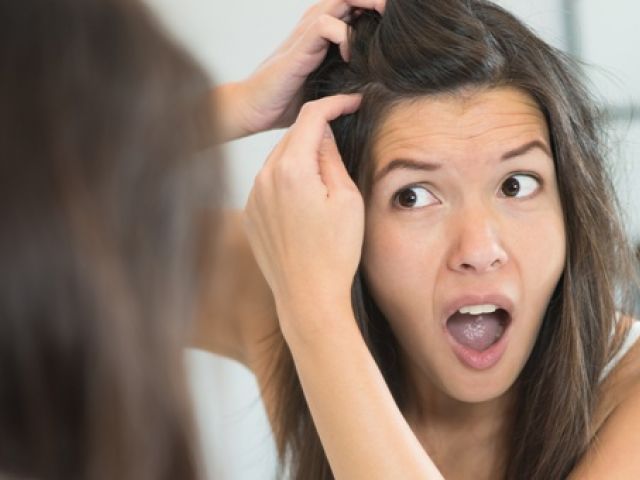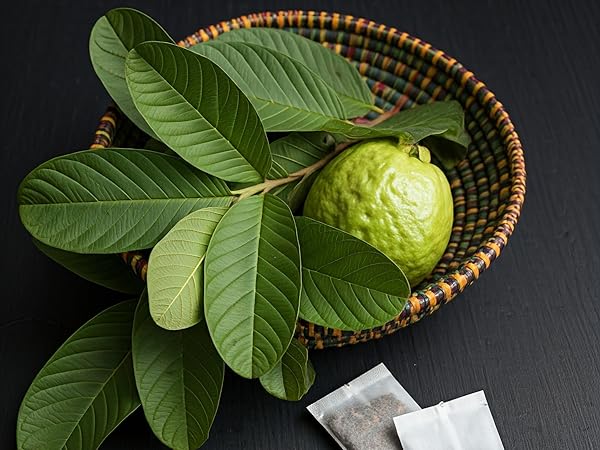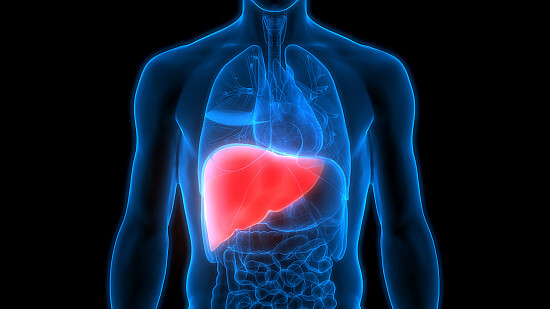Can Stress Really Turn Your Hair Grey? Here Is What Science Says
Wed 22 Feb 2017, 10:15:26

We’ve heard time and again about political leaders and entrepreneurs rising in their fields… developments that often coincide with their hair turning grey. Forget about business and national leaders; most of us have observed the effects first hand, with colleagues and family members suddenly experiencing rapid graying of hair after taking that job promotion or dealing with other tumultuous life events.
While such experiences are hard to deny, to describe this as evidence would be to stretch the definition of scientific truth. So, whether your head has turned silver or you’ve just noticed the first strands of grey hair, this article can help clear the air on stress-related graying.
Your hair gets its distinctive color, whether black or brown, from pigments called melanin that is injected into the follicles before they appear on your scalp or face. As we age however, the melanocytes are weakened, resulting in a reduction in melanin levels and consequent loss of hair color. This weakening of melanocytes occurs because of oxidative stress that affects all body cells with age.
This type of greying is unavoidable, as our bodies cannot fight off the effects of oxidative stress effectively once we cross our 20s or 30s. Greying of hair is therefore the most natural symptom of our aging bodies.
But, how does stress play a role and does it speed up the damage of oxidative stress?
Stress Causes Grey Hair – Fact Or Myth?
“While there is evidence to show that severe stress may contribute to oxidative stress, the connection between stress and grey hair is still fairly weak”
Science has established that oxidative stress is the main cause of graying and is also a natural part of the aging process, affecting all body cells; graying hair is not caused by the stress of ‘complicated’ relationships, looming exams, or workplace pressure. But, can
high stress levels worsen the effects of oxidative stress, accelerating the process that causes grey hair?
high stress levels worsen the effects of oxidative stress, accelerating the process that causes grey hair?
“Experts believe that stress is more likely to contribute to hair loss, as several studies suggest that prolonged periods of stress can have an adverse effect on the process of hair growth”
While there is evidence to show that severe stress may contribute to oxidative stress, the connection between stress and grey hair is still weak. A study at Harvard University found that prolonged stress can accelerate graying because stress can increase levels of free radicals. Similarly, a study published in Nature Magazine found that stress hormones can cause depletion of melanocyte stem cells.
However, these have mostly been small studies and until there is more conclusive evidence for a link between stress and graying, the consensus remains unchanged. Experts believe that stress is more likely to contribute to hair loss and not hair greying, as several studies suggest that prolonged periods of stress can have an adverse effect on the process of hair growth.
So Should You Worry About Grey Hair?
If stress has a major role in graying, it would certainly be counterproductive to worry about it! As we wait for more evidence to come in, it becomes fairly obvious that graying, although a natural part of aging, can also be affected indirectly by various environmental factors including our levels of exposure to pollutants, smoking, and poor nutrition. Stress can also be added to that list, as all of these factors impact health and speed up aging by increasing the presence of free radicals that cause oxidative stress.
So, in hindsight it would be a good idea to cut back on the stress levels and relax every once in a while. It may help to slow down graying of hair and it will certainly help prevent a variety of other stress-related health problems.
No Comments For This Post, Be first to write a Comment.
Most viewed from Health
AIMIM News
Latest Urdu News
Most Viewed
May 26, 2020
Do you think Canada-India relations will improve under New PM Mark Carney?
Latest Videos View All
Like Us
Home
About Us
Advertise With Us
All Polls
Epaper Archives
Privacy Policy
Contact Us
Download Etemaad App
© 2025 Etemaad Daily News, All Rights Reserved.






























